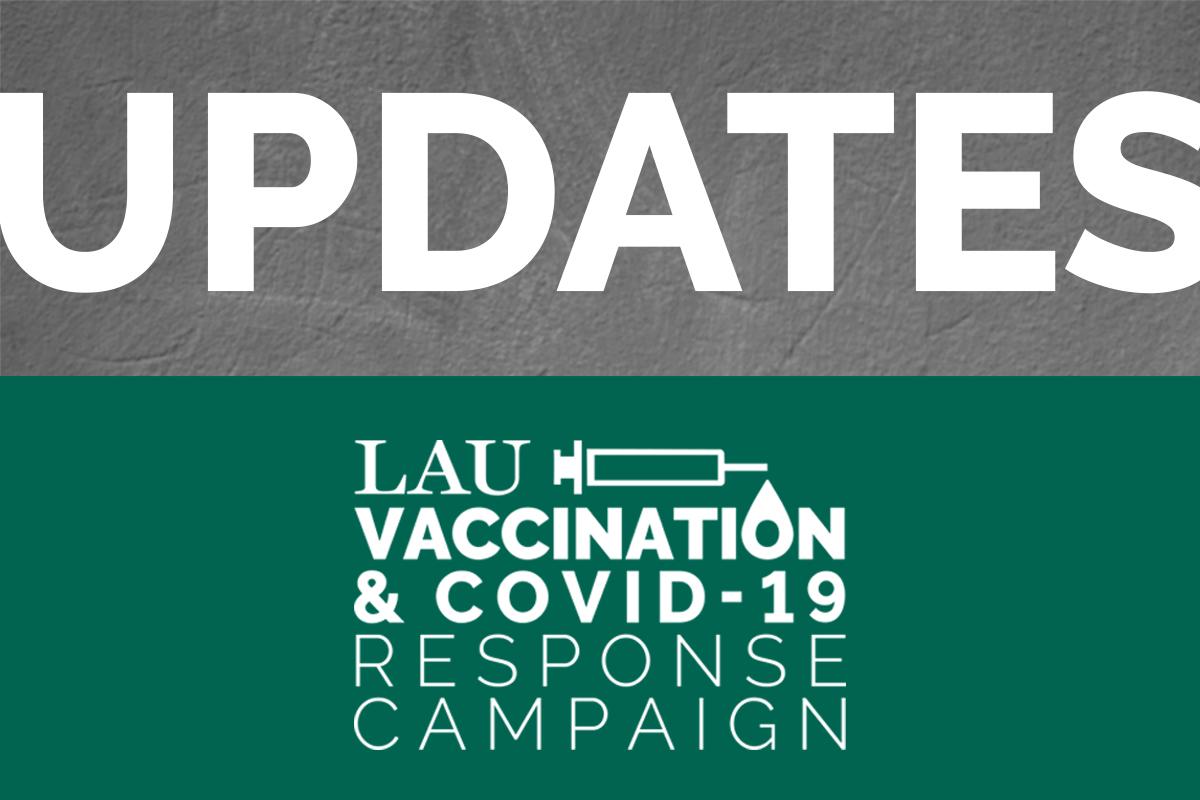COVID-19 Vaccine: Fact vs Fiction – Part V
Dr. Roula Husni Samaha provides an update on outcomes of vaccination rollouts and new concerns that these have raised.
LAU’s Clinical Professor and Division Head of Infectious Diseases Roula Husni Samaha answers lingering questions about COVID-19 vaccines, what we have learned so far from the worldwide vaccination rollout and what we have yet to learn.
Are the vaccines proving effective in controlling the spread of COVID-19?
The first data issued by the Centers for Disease Control and Prevention (CDC) about breakthrough cases post-full vaccination in April 15, registered 74 fatalities among the 77 million vaccinated, and a total of 5,800 (0,007 percent) new cases of which 396 (7 percent) were hospitalized. This goes to show that immunization has proven to be 99.999 percent effective against mortality.
We also have rising evidence that the vaccines are protective against the new variants. However, we have yet to determine whether those vaccinated can transmit the virus, and the duration of the protection provided by the vaccines. Until then, it is critical that we continue to wear a mask and observe physical distancing.
What about vaccines that have had serious side effects, such as blood clots?
To put it in perspective, the incidences of blood clots post-vaccine are four out of one million, which translates to 0.0004 percent. By contrast, birth control pills can cause blood clots in an average of 900 out of one million (0.09 percent) and smoking roughly 1,800 cases in one million (0.18 percent). None of which compares with the high risk of COVID infection, which is 165,000 cases in one million (16.5 percent).
So the benefits of a vaccine far outweigh the risks. I would also advise against taking any form of anticoagulant to prevent a clot. Not only will it not help, but it can cause an imbalance in red blood platelets.
Can the vaccines change one’s DNA?
No. The genetic material in the vaccine only instructs the body to produce the spike protein. Then, the body will react by producing antibodies that fight the infection if and when it occurs and, thereby, induce a protective immune response. Once it has done that, the genetic material disintegrates.
Nor do viral vector vaccines cause a COVID-19 infection, as they are composed of a part of the virus that is unable to replicate, is inactivated or is a weakened form of the virus.
What happens if someone is COVID-19 positive with no symptoms and takes the vaccine?
The absence of symptoms would indicate that he or she is not in the acute phase, so getting vaccinated is not a problem. Some people will develop a higher immunity than others post-infection but, either way, the vaccine will extend that immunity.
If you have had COVID-19, you can in fact take the vaccine after one month. The three-month prescribed waiting period was reached because of the shortage of vaccines. It was a practical and not a medical solution.
This interview has been edited and condensed for the sake of clarity.
